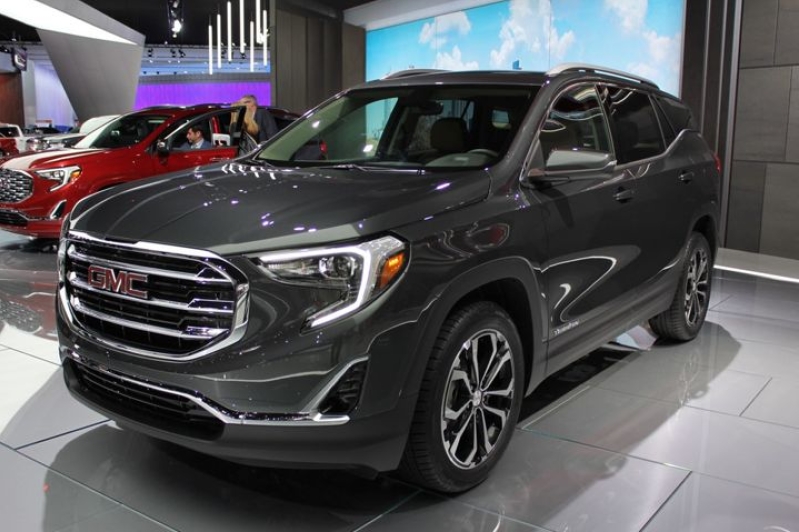
If you can’t beat ‘em, join ‘em. That seems to be the motto these days regardless of which particular industry you are in. General Motors (GM) happens to be the latest offender in the growing list of diesel emissions cheaters, having been accused of including diesel engines in their vehicles which are capable of cheating during emissions testing. This bit of news came about in a civil lawsuit that was filed in federal court in Michigan yesterday, citing that the diesel versions of the Chevrolet Silverado and GMC Sierra pickups actually had higher levels of nitrous oxide when driven compared to during emissions tests. In the suit, it was revealed that approximately 700,000 of those trucks happen to ply U.S. roads -- which is a whole lot if you were to take their collective emissions into consideration in the long run.
What stand has GM taken concerning the matter? Well, the company has issued a statement, citing, "These claims are baseless and we will vigorously defend ourselves." In fact, GM further added that they have done all that is in their power to comply with the entire emissions regulations as agreed upon by the industry.
According to the law firm that filed the suit, GM’s problem is more widespread compared to the one that involved Volkswagen vehicles. Steve Berman said, "This is a shocking discovery, and a really big deal because the [nitrous oxide] limits for these big trucks are four times what the limits were for the much smaller Volkswagen passenger cars and there are more of these trucks on the road." Now that is certainly something that environmentalists would worry about, and it makes sense that a law firm would only proceed in the right direction forward if it thinks that it is standing on solid ground. After all, this is the same law firm that also sued Fiat Chrysler prior.
Berman has managed to achieve $11.3 billion in class action settlements against Volkswagen's diesel cars, doing so on behalf of owners and dealers, and would also like this suit to be similar in the sense that it is a class action. The EPA has not responded to the situation at present, and it would be interesting to see how the situation will pan out.
This particular claim is not too different from the accusations that the EPA and California regulators threw against Volkswagen and Fiat Chrysler over in the U.S. Across the pond, European regulators also brought a similar lawsuit against French automaker Renault when it comes to engines that were capable of cheating in diesel emissions tests. Where Volkswagen was concerned, the automotive company moved swiftly to admit to their guilt when presented with evidence in September 2015. Volkswagen’s error resulted in diesel engines that power approximately 500,000 cars in the U.S. affected. As for Fiat Chrysler, the company has continued to maintain their innocence in the matter, citing that their engines were not designed in such a manner and they would never think of cheating in emissions tests.
Chrysler and Jeep make up part of Fiat Chrysler Automobiles, while Nissan is part of a Renault–Nissan Alliance that was formed in 1999. Volkswagen is the highest profile case among all of the automobile manufacturers, where Volkswagen intentionally programmed its Turbocharged direct injection (TDI) diesel engines to activate certain emissions controls when it underwent emissions testing. To date, they had to cough up $4.3 billion in penalties, but the brand has not taken that large of a knock in popularity so far. Perhaps when it doesn’t really hit us hard since we do not see the effects of it affect us negatively in a profound manner, it becomes easier to forgive such lapses in moral judgement.






